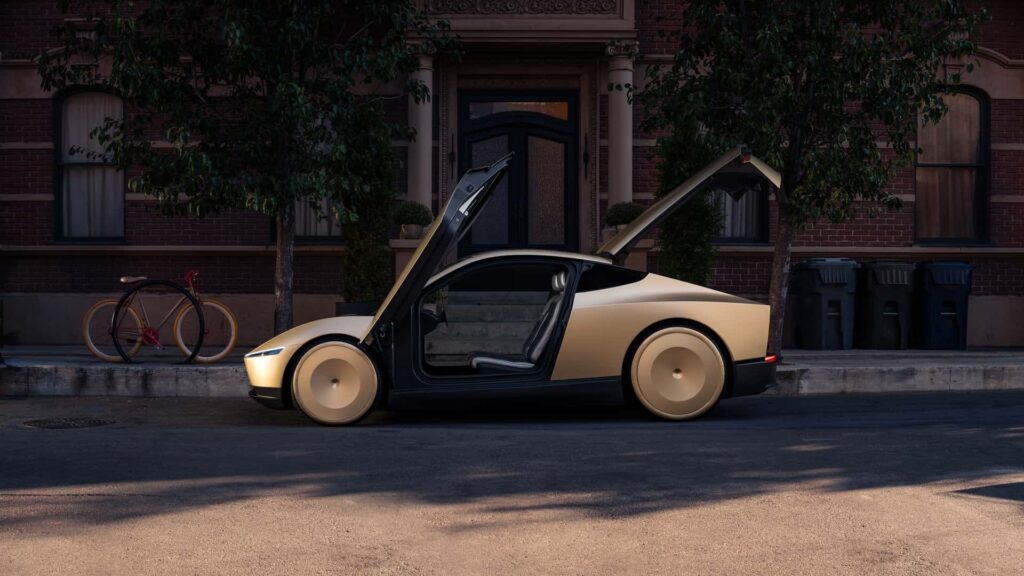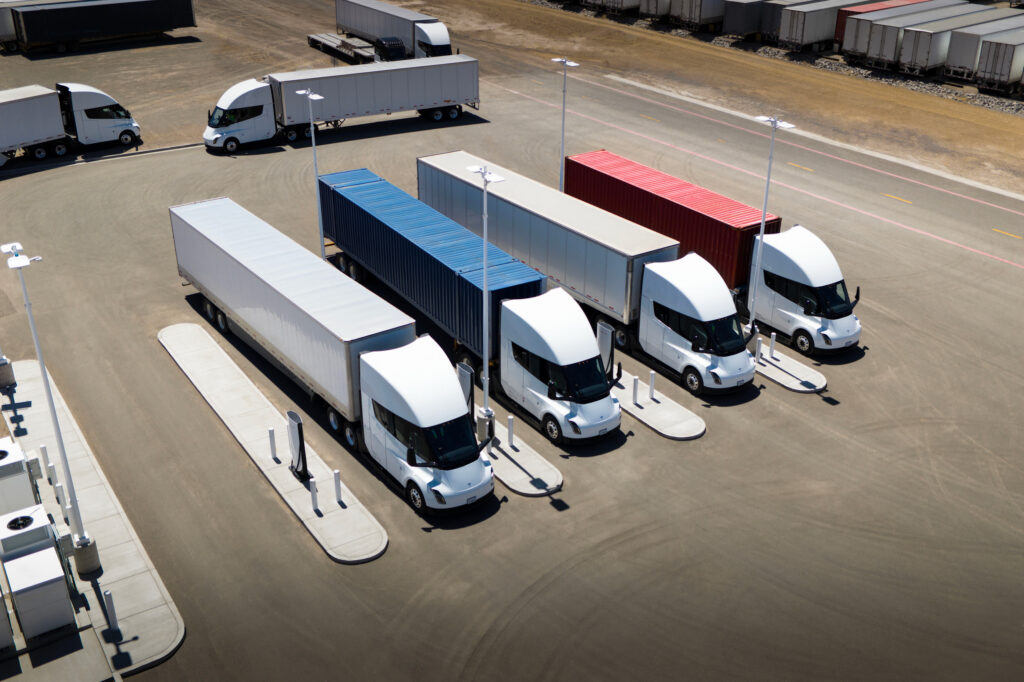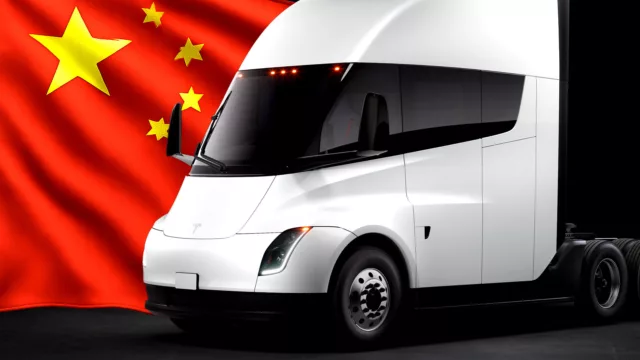With the US and China pressing a pause on tariffs, Tesla found the window it wanted to bring in some crucial parts
May 16, 2025 at 13:14

- Tesla is set to resume imports after a 90-day truce between the US and China.
- Cybercab production will begin in October with mass production targeted for 2026.
- Full-scale Tesla Semi production will start next year at a new factory in Nevada.
In the wake of the US-China trade war, Tesla temporarily halted shipments of parts from China to the US. However, with both countries now agreeing to a 90-day truce and significantly reducing their respective tariffs, Tesla is looking to resume the import of critical components from China. Elon Musk may want to keep this news under wraps from President Trump, though, as his stance on tariffs is far from favorable.
Read: Tesla’s CyberCab Promises 300-Mile Range with Surprisingly Small Battery
An unnamed inside source told Reuters that Tesla will start shipping Cybercab and Semi parts from China at the end of this month. The electric automaker will reportedly start trial production of the Cybercab in October before moving ahead with mass production in 2026. Tesla has grandiose ambitions for the Cybercab and is betting on hundreds of thousands of units being sold in the US, forming the core of its long-awaited robotaxi service.
As the electric car maker gears up for production, many details about the Cybercab remain under wraps. What is known, however, is that the vehicle will be a compact, two-seater, completely eliminating the traditional steering wheel and pedals. Tesla is keeping specifics to a minimum, but early reports suggest the Cybercab will feature a battery pack smaller than 50 kWh, yet still offering an impressive range of approximately 300 miles (483 km).

Progress on the Tesla Semi
Production of the Tesla Semi officially began in late 2022, but progress has been slow. Full-scale production is expected to kick off next year at a new factory adjacent to the existing Gigafactory in Nevada, which will significantly expand Tesla’s production capabilities.
While Elon Musk and President Trump have found common ground on many issues in recent months, tariffs remain a notable point of disagreement. Trump has famously called tariffs “the most beautiful word to me in the dictionary,” yet Musk has long championed free trade. In fact, according to Reuters, he urged Trump to lower tariffs, though he ultimately left the decision in the President’s hands.
One of the unanticipated consequences of the tariffs was their negative impact on domestic production. Tesla’s CFO, Vaibhav Taneja, noted that the tariffs hurt the company’s US investments, as the company had to import equipment from China to expand its local production lines.










